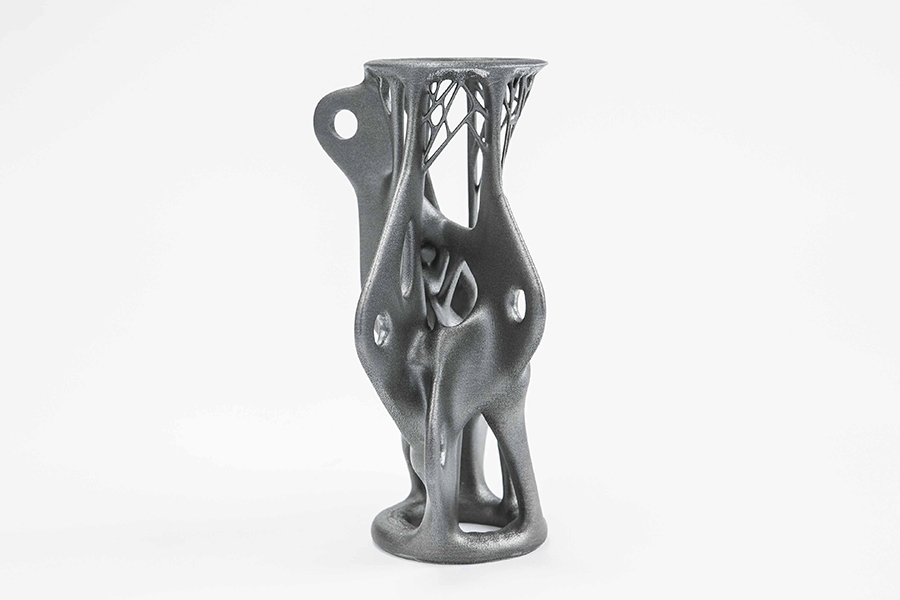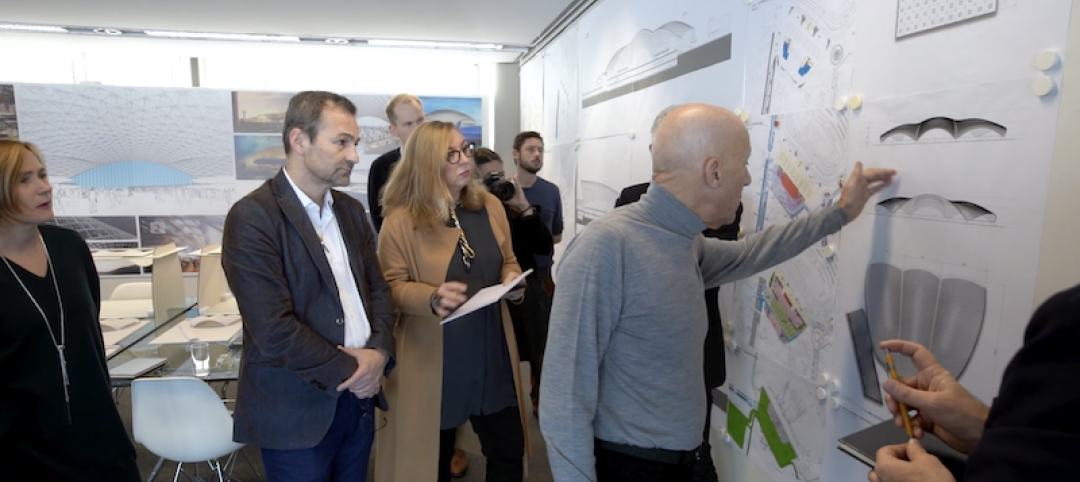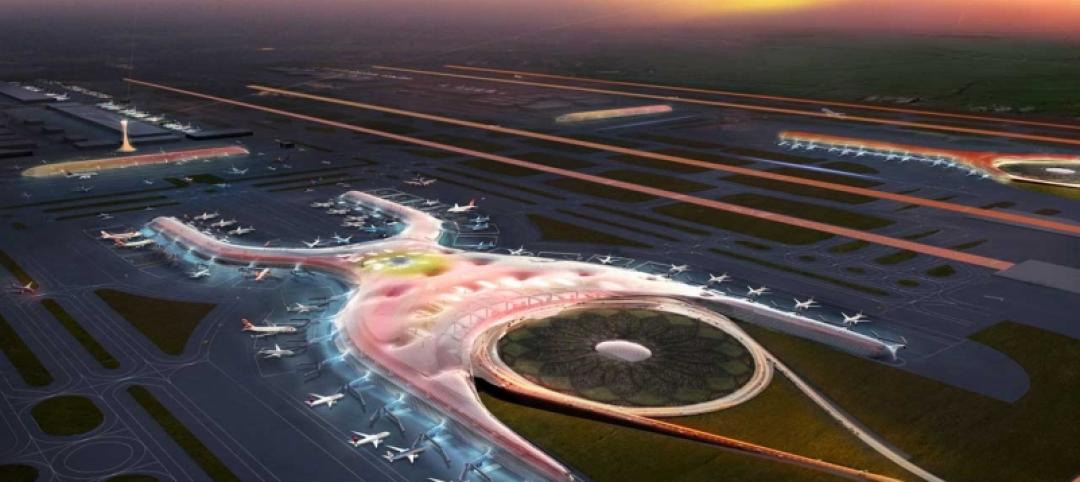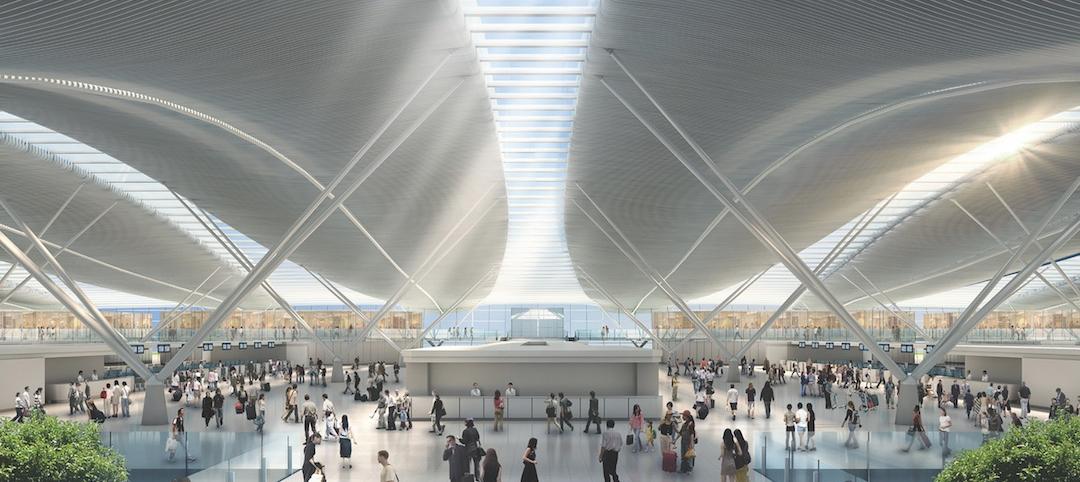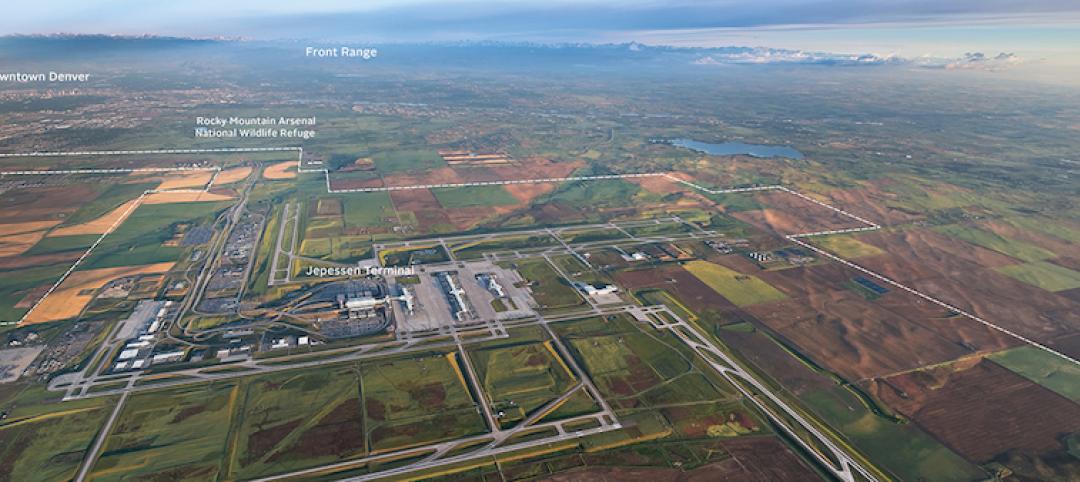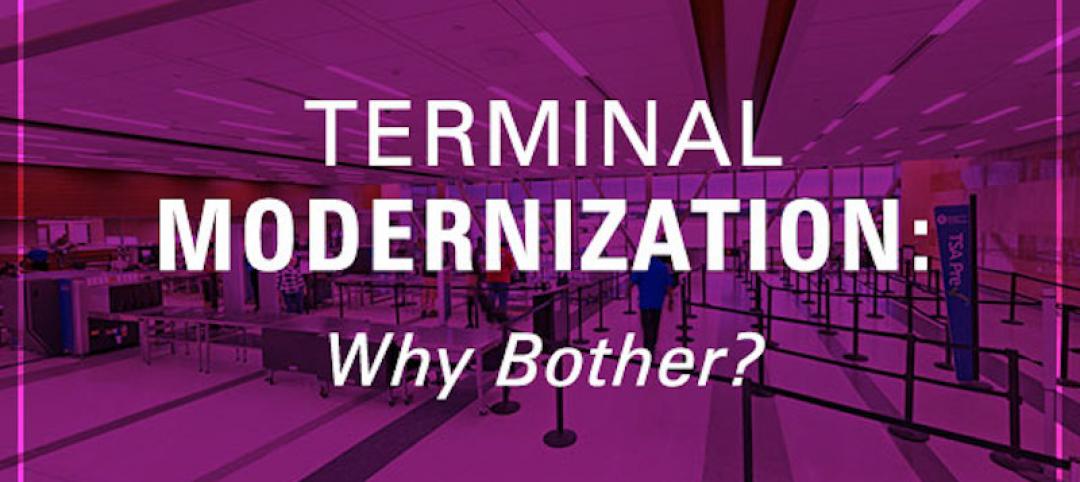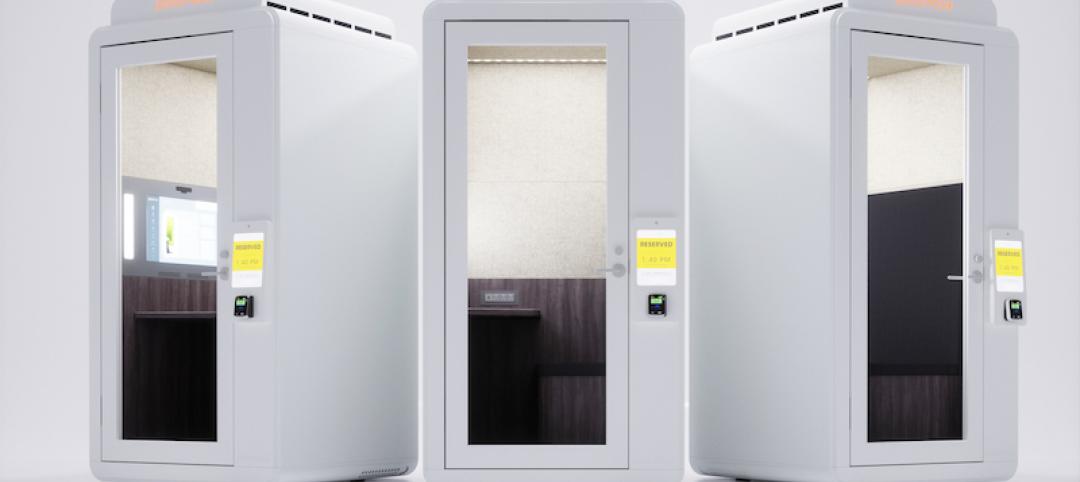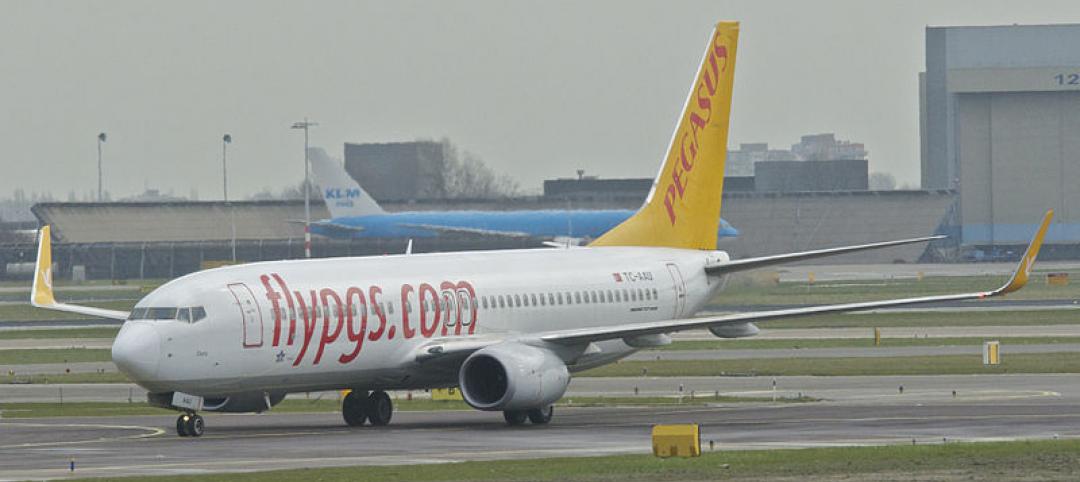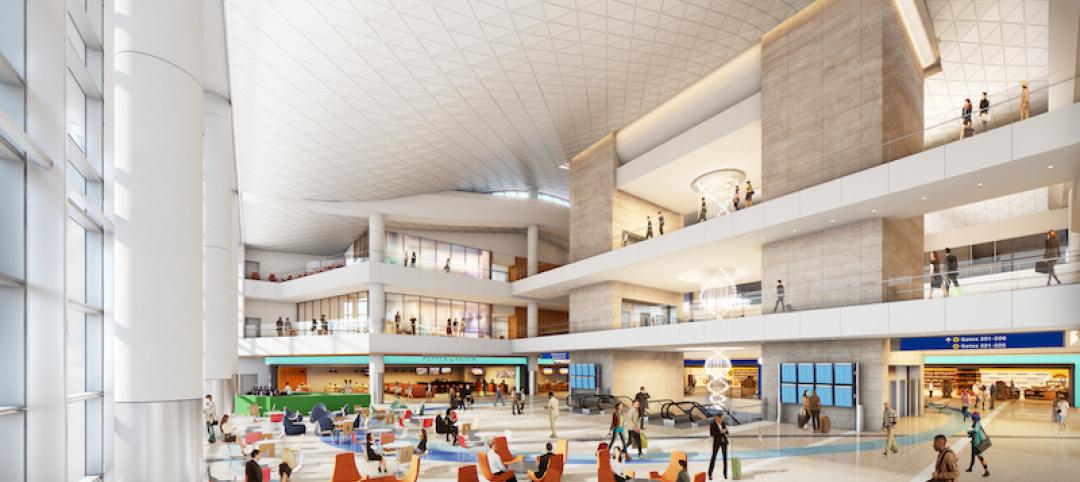Using the latest 3D printing techniques, or more accurately, "additive manufacturing," the Arup team has produced a design method for critical structural steel elements for use in complex projects.
The work signals a whole new direction for the use of additive manufacturing in the field of construction and engineering. The research also shows that additive manufacturing has the potential to reduce costs, cut waste and slash the carbon footprint of the construction sector.
We created a redesign of a steel node for a light weight structure using additive manufacturing. Arup has a lot of experience with these kind of structures, for example, the tensegrity structure of the Kurilpa Bridge in Australia. The complex geometry of these kind of nodes are an ideal showcase of the possibilities of this new technique.
"By using additive manufacturing we can create lots of complex individually designed pieces far more efficiently," said Salomé Galjaard, Arup's team leader on the project. "This has tremendous implications for reducing costs and cutting waste. But most importantly, this approach potentially enables a very sophisticated design, without the need to simplify the design in a later stage to lower costs.”
Arup funded the development work and collaborated with a number of partners to realize the designs, including WithinLab (an engineering design software and consulting company), CRDM/3D Systems (the Additive Manufacturing partner), and EOS, who worked on the early development of the technology.
For more, visit: http://www.arup.com/News/2014_06_June/05_June_Construction_steelwork_makes_3D_printing_premiere.aspx.
3D Printed Steel Node
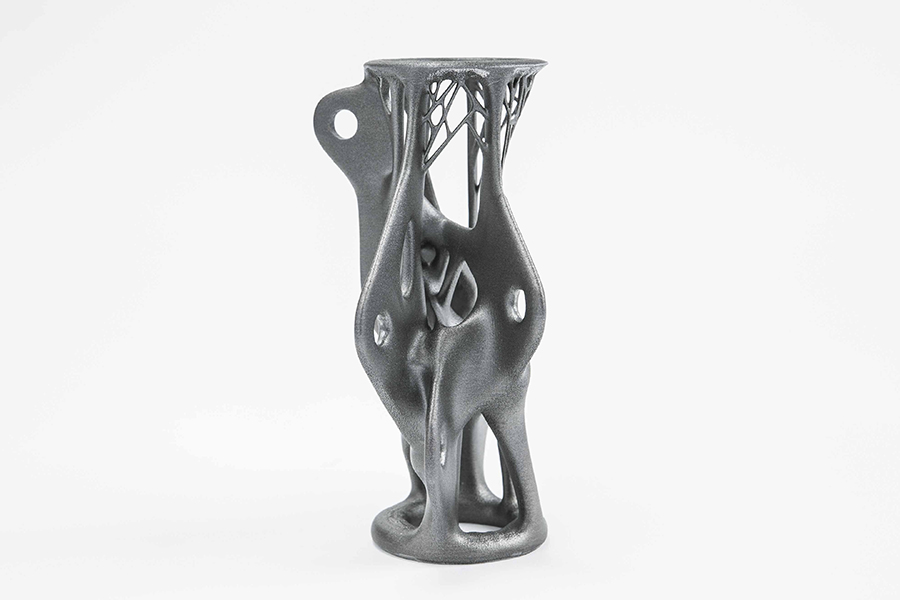
By using 3D printing, or "additive manufacturing," complex individually designed pieces can be created far more efficiently.
Traditionally Fabricated Node
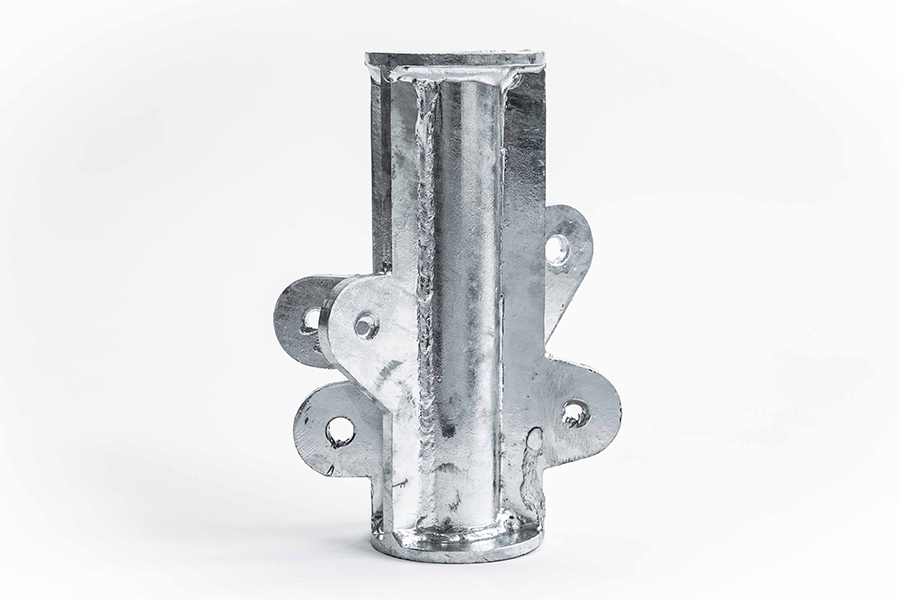
A traditionally produced steel node is at the moment still cheaper to produce, but it is expected that this will change in the short term.
Related Stories
Airports | Feb 10, 2019
Chicago searches for the right design to expand O’Hare Airport and make passenger connections less stressful
Competition finalists took different approaches to rethinking the logistics of a gigantic, hectic space.
Airports | Oct 31, 2018
Foster + Partners’ Mexico City Airport has been cancelled
The project was set to cost $13.3 billion.
Airports | Aug 3, 2018
Airport trends 2018: Full flights with no end in sight
As service demand surges, airports turn to technology, faster building techniques.
Airports | May 31, 2018
Denver's airport city
Cultivation of airport cities is an emerging development strategy shaped by urban planners, civic leaders, airport executives, and academics.
| May 24, 2018
Accelerate Live! talk: Security and the built environment: Insights from an embassy designer
In this 15-minute talk at BD+C’s Accelerate Live! conference (May 10, 2018, Chicago), embassy designer Tom Jacobs explores ways that provide the needed protection while keeping intact the representational and inspirational qualities of a design.
Retail Centers | Apr 19, 2018
Miami International Airport is home to the first Johnnie Walker store in the U.S.
The store will be a permanent fixture in the airport’s North Terminal.
Airports | Feb 21, 2018
Terminal Modernization: Why Bother? Part II
This is the second post in our series examining why airport operators should bother to upgrade their facilities, even if capacity isn’t forcing the issue.
Airports | Feb 7, 2018
LaGuardia Airport receives eight private work booths in Terminal B
The hub sees over 15 million travelers annually.
Libraries | Jan 29, 2018
Commercial plane that skidded off the runway may become Turkey’s newest public library
The plane was removed from its cliffside perch five days after the incident.
Giants 400 | Oct 5, 2017
On wings of gold: Alternative financing schemes are propelling the high-flyin’ air terminals sector
The $4 billion renovation of New York City’s LaGuardia Airport is the first major U.S. aviation project delivered using a public-private partnership (P3) model.


